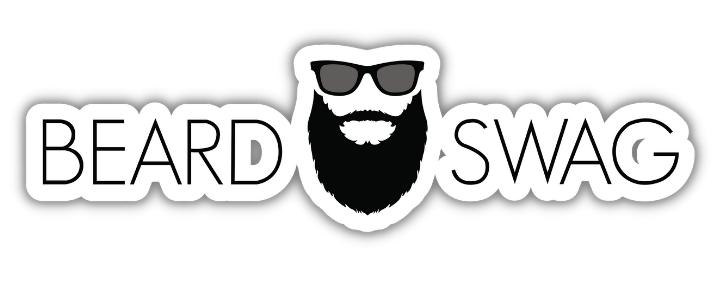For many men, a full, well-groomed beard is more than just a style choice, it's a symbol of masculinity, self-esteem, and confidence. While genetics play a significant role in determining the thickness and growth rate of your facial hair, lifestyle factors like diet can also have a substantial impact. One nutrient that often gets overlooked in the beard growth conversation is protein. In this blog post, we'll delve into the science behind how protein intake can influence your beard gains.
The Role of Protein in Hair Growth
Protein is a building block for almost every cell in your body, including those responsible for hair growth. Hair is primarily made up of a protein called keratin. Without adequate protein, your body can't produce keratin efficiently, which can lead to slower hair growth or even hair loss.
Amino Acids: The Building Blocks
Proteins are made up of amino acids, and different types of proteins provide different sets of amino acids. Some amino acids are essential, meaning your body can't produce them, so you have to get them from your diet. These amino acids are crucial for various bodily functions, including the synthesis of keratin. To get the right balance of amino acids, it's important to eat a balanced diet that contains adequate protein.
How Much Protein Do You Need?
- Your weight and height (the more muscle you have, the more protein is needed).
- Age (as you get older, your body may not be able to absorb as much protein).
- Dietary restrictions (for example, vegetarians or vegans may need to pay extra attention to their intake of this macronutrient).
- Activity level (the more active you are, the more protein your body needs).
Protein-Rich Foods for Beard Growth
- Lean Meats: Chicken, turkey, and lean cuts of beef are excellent sources of protein.
- Fish: Salmon, tuna, and other fatty fish not only provide protein but also essential fatty acids that can promote healthy skin beneath your beard.
- Eggs: A complete source of all essential amino acids.
- Legumes: Lentils, chickpeas, and other legumes are good plant-based protein options.
- Nuts and Seeds: Almonds, chia seeds, and flaxseeds are protein-rich and also provide other nutrients beneficial for hair growth.
Protein Supplements: Yes or No?
While whole foods are the best sources of protein, supplements like whey protein can be a convenient alternative for those who struggle to meet their protein needs through diet alone. Whey protein supplements are a great way to increase your protein intake, especially if you’re vegetarian or vegan. Whey is a byproduct of the cheese making process, so it’s not just for bodybuilders it’s also good for people who don’t eat dairy products. It’s important to note that not all protein supplements are created equal. Some contain artificial sweeteners, unnecessary fillers and even genetically modified ingredients (GMOs). For example, some brands add sugar to their products in order to make them taste better. This defeats the purpose of using a protein supplement.
The Balanced Approach
While protein is crucial for beard growth, it's not the only nutrient that matters. A diet rich in vitamins and minerals like biotin, zinc, and iron is also essential for optimal facial hair growth. If you’re not getting enough of these nutrients in your diet, you can supplement with a multivitamin. Just remember that it's still important to eat a balanced diet and avoid junk food.
Conclusion
Your beard is a reflection of your overall health and well-being. By ensuring that you get enough protein, along with other essential nutrients, you can promote healthier, fuller beard growth. So the next time you're planning your meals or hitting the gym, remember, your beard gains are counting on you.For more tips on beard care and men's health, stay tuned to our blog. And don't forget to check out our range of premium beard care products designed to keep you looking and feeling good.

